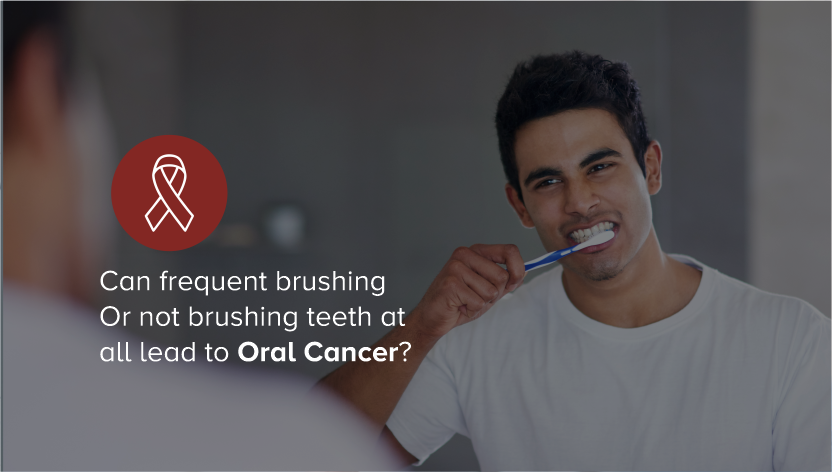Oral cancer is a serious health issue that can arise from a variety of factors. While tobacco use and heavy alcohol consumption are well-known risk factors, recent discussions have highlighted the role of oral hygiene practices. Specifically, the question arises – can frequent brushing or, conversely, neglecting to brush teeth lead to oral cancer?
